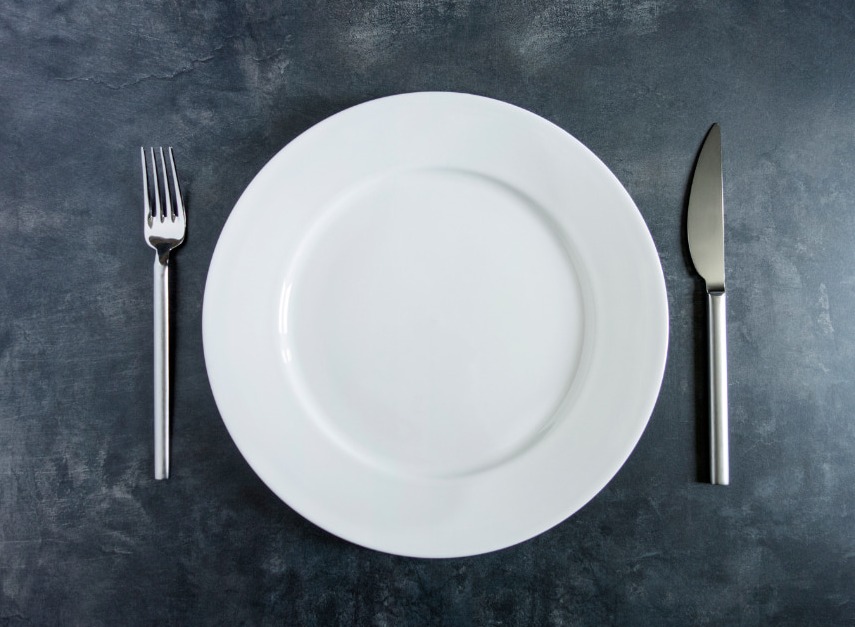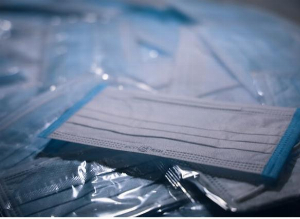The benefits of fasting during cancer treatment
Published 22 Sep 2023 • By Claudia Lima
In recent years, cancer patients have shown a growing interest in the practice of therapeutic fasting during treatment. Fasting can be used to optimise the effects of cancer treatments or reduce their side-effects.
How is cancer treated today? What exactly is fasting? Can fasting play a beneficial role during cancer treatment? What is the scientific evidence of its use and what are its potential benefits? Are there any precautions to be taken?
Find all the answers in our article!

There are currently about 3 million people living with cancer in the UK, and the number is expected to rise to 3.5 million by the year 2025. Medical research has made it possible to develop increasingly effective treatments to fight cancer, and it is now possible to cure one cancer patient in two.
What are the most common cancer treatments available today?
Each cancer is treated according to its type, stage, location and other individual factors.
The most common treatments used today are surgery, radiotherapy, chemotherapy, targeted therapies, hormone therapy, immunotherapy and stem cell transplants.
Combinations of treatments are also possible. There is no standard combination in the treatment of cancer.
What is fasting?
Fasting is the practice of abstaining from food for a set period of time, with or without water.
There are different forms of fasting, ranging from intermittent fasting, where you alternate between periods of fasting and meals, to prolonged fasting, which can last several days. Sometimes, the fasting period is framed by two periods of reduced and then increased food intake, to help the body gradually adapt to the absence, and then the return, of food.
Historically, fasting has been linked to religious practice. It symbolically represents a form of purification of mind and body, and an opportunity to concentrate on spiritual exercise.
Today, fasting is also associated with a desire to improve general health, with the aim of allowing the body to rest and regenerate, while encouraging cellular repair mechanisms.
According to Health Authorities, in recent years, fasting and restrictive diets have sometimes been used in the treatment of certain health conditions. In the case of cancer, these practices are thought to help cure the disease or reduce the side-effects of chemotherapy.
When we fast, our body needs energy, which it first obtains from glycogen, a glucose polymer that serves as an energy reserve in the human body. The body uses the sugar in the muscles and liver. As soon as the reserves are depleted, the body starts looking for energy elsewhere, for example, in the lipid reserves, i.e. the fats - this is called ketosis. Next, the body is forced to look for energy in muscle tissue and proteins. It is at this point that we begin to lose weight, to a greater or lesser extent.
The risks associated with fasting are essentially those of loss of muscle mass and fat which has a negative effect on general health and immunity.
Is fasting beneficial for cancer treatment?
Restrictive diets, such as fasting, have been the subject of numerous scientific studies to understand their effects and to assess their value in the treatment of various diseases. The vast majority of these studies have only been carried out on animals.
One of these studies, carried out by an American research team, looked at the effects of fasting on mice carrying tumours induced by tumour cells. For some of these mice, fasting made it possible to:
- Delay the growth of certain cancer cells,
- Increase the sensitivity of cancer cells to chemotherapy treatments,
- Reduce the number of cancer cells.
It should also be noted that, over the last fifteen years or so, there has been a growing interest in fasting or restrictive diets among the general population, and more particularly among cancer patients. The reasoning behind this is that fasting could make cancer cells more sensitive to conventional treatments while protecting healthy cells.
As far as clinical studies are concerned, there is only one thing known for sure: fasting induces significant weight loss. In some patients, however, this can alter their prognosis, particularly in the case of loss of muscle mass. Furthermore, when fasting is adopted over long periods of time, it can lead to dietary imbalances, the consequences of which vary depending on the nutrients ingested in insufficient quantities.
In the case of cancer, treatment already has a major impact on patients' diet. Whether after surgery, during or after radiotherapy or during chemotherapy, the side effects endured can lead to loss of appetite, impaired sense of taste or smell, nausea or vomiting, etc. The main risk is weight loss, which can be significant, and especially the loss of muscle mass.
Weight is very important in cancer. It is absolutely essential to monitor it throughout treatment, as it has been shown that cachexia (significant loss of fatty tissue) and sarcopenia (significant loss of muscle mass) in cancer patients represent an additional risk of disruption to the smooth running of treatment and may contribute to a poor prognosis. Even without fasting, 40% of cancer patients are malnourished.
This is why media coverage of fasting or the supposed benefits of restrictive diets must be accompanied by scientific and medical information which should be as transparent as possible. These diets should not be recommended for cancer patients.
If, despite everything, a cancer patient wishes to try fasting during their treatment, it is essential that they discuss the matter with their healthcare team, who will advise them on the basis of their particular situation. The risks associated with fasting during cancer treatment are well known, but the benefits have yet to be identified.
Fasting during cancer treatment is therefore attracting a growing interest as a complementary approach to improving patients' response to treatment and their quality of life.
However, to date, there has been no scientific evidence which could prove that fasting can be beneficial for patients undergoing cancer treatment. On the contrary, such practices have been known to represent significant risks for patients' health.
Research on this subject is ongoing, and new data continues to emerge to better understand how fasting can be safely and effectively integrated into cancer management.
Give it a like and share your thoughts and questions with the community in the comments below!
Take care!
Sources :
Cancers, santepubliquefrance.fr
Les traitements, e-cancer.fr
Dossier : le jeûne peut-il contribuer à soigner le cancer, sante.fr
Jeûner : les effets sur le corps,marieclaire.fr
Brochure cancer et alimentation, ligue-cancer.net
Jeûne et cancer : une fausse bonne idée, mon-cancer.com
Jeûne thérapeutique et chimiothérapie, cancer-environnement.fr
Jeûne et cancer, une analyse solide pour faire le point, fondation-arc.org
Jeûne, régimes restrictifs et cancers, e-cancer.fr

 Facebook
Facebook Twitter
Twitter



